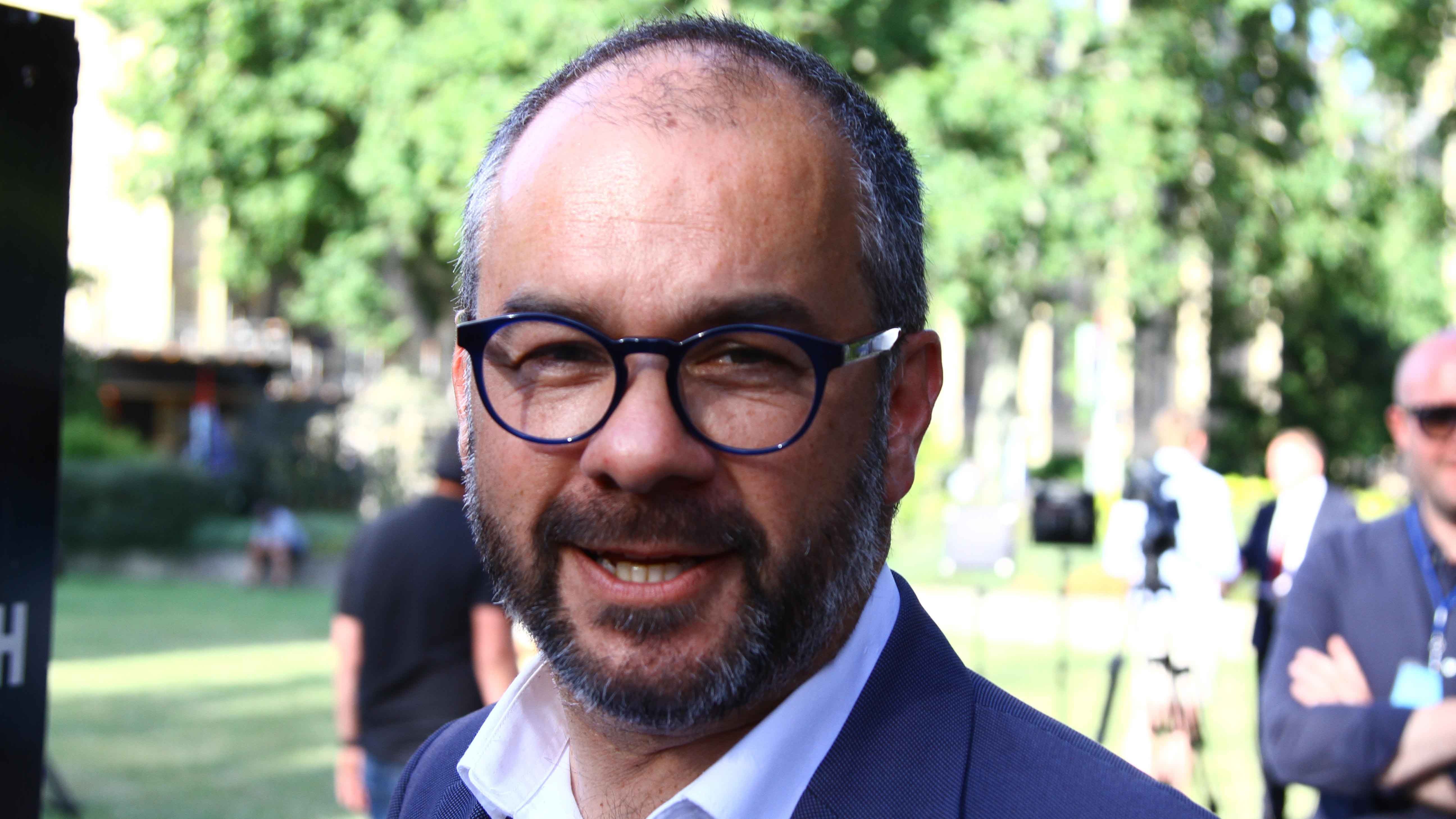
Impact
Boosting UK productivity with the Help to Grow scheme
We hear from Minister for Small Business, Consumers and Labour Markets, Paul Scully MP and Jon Hope, Director of Barclays Eagle Labs, about the new UK government scheme designed to help small businesses recover, upscale and thrive – and how the programme “aligns neatly with Barclays’ ambitions”.
If one thing has become clear through the pandemic, it’s that digital fluency is an absolute necessity in today’s business world – particularly for smaller companies looking to upscale. That’s why Help to Grow: Digital, a brand-new UK government scheme, is offering entrepreneurs the tools and support they need to help their businesses thrive, expand and meet digital demand. And they’re doing so with help from Barclays.
“Barclays’ underlying societal purpose is to support the education and development of sustainable growth across its communities,” says Jon Hope, Director of Barclays Eagle Labs – a network of 28 business incubators and programmes created to support tech startups. “So the opportunity to support a programme which is ultimately about helping businesses to grow their operations aligns very neatly with our own ambitions.”
Businesses across the UK have been affected by COVID-19, and a programme of this scale and ambition will help them with their recovery.
Minister for Small Business, Consumers and Labour Markets

A portrait of Paul Scully MP, Minister for Small Business, Consumers and Labour Markets.
Launched in January 2022, Help to Grow: Digital is the second in a series of government schemes designed to support businesses and the economy overall. Its goal? To help businesses boost productivity, manage their finances, build positive customer relations and up their game against competition – through specialised tech expertise and discounted software.
The Digital scheme follows the 2021 launch of Help to Grow: Management, a 12-week national training programme aiming to enhance SME leadership by helping owners and managers develop their skills in financial management, innovation and business growth.
“Help to Grow is a huge opportunity for individual businesses,” says Minister for Small Business, Consumers and Labour Markets, Paul Scully MP, “and a crucial part of the government’s drive to level up, deliver a greener economy and build back better from the pandemic.”
Why should businesses take part?
The minister explains that both schemes are designed to help SMEs “become more productive” by addressing two major barriers to growth: management practices and a lack of technology adoption.
“By helping SMEs to adopt modern management techniques and business technologies, we hope to give them the skills they need to reach their full growth potential – and narrow the productivity gap between the UK and major competitors in the G7.”
The scheme aims to support 30,000 SME business leaders through Help to Grow: Management, and 100,000 eligible businesses over the three-year Help to Grow: Digital programme. Scully’s advice for business leaders? “Don’t hesitate. The support on offer will provide you with the tools you need to boost your business’s efficiency – and to help you take it to its full potential.”
For businesses, now more than ever, Hope says: “Resilience is key.” He urges business leaders to consider how the Help to Grow scheme can support their operations. “It’s an investment in your time, but it’s also a strong investment in the future potential of your business. Ensure you make the time you need to commit, embrace the opportunity, learn from the business schools – and gain valuable insights from your peers.”

The Help to Grow scheme offers SMEs the tools to tackle digital and management challenges.
The opportunity to support a programme which is ultimately about helping businesses to grow their operations aligns very neatly with our own ambitions.
Director, Barclays Eagle Labs
Backed by Barclays
From offering best-practice insights on the programme’s structure, to promoting its roll-out through events and social media, Barclays has “played a significant role in promoting the scheme”, says Scully, who helped to spread the word by speaking at the bank’s ‘Growing Through Sustainable Innovation’ virtual event in December.
Barclays’ nationwide Eagle Labs network has been crucial in the bank’s ongoing support for this government priority. As UK businesses of any sector are invited to apply for the wide range of support offered across both programmes, the bank has been working to provide the people, places and tools to support their learning.
“Here at Eagle Labs, we’re helping to interconnect the entrepreneurial ecosystem,” says Hope. “We have a range of experts that can support businesses of various sizes on a range of different topics – which enables us to pick and choose based on the exact requirements of the clients themselves.
“Along with offering Help to Grow cohorts the support of mentors and experts, we’ve also given them the opportunity to base themselves out of our labs, COVID-19 regulations permitting. We’re eager to be able to host some of the content, and to create communities around the businesses taking part in the scheme.”
This approach is typical of Barclays Eagle Labs, whose mentorship services, flexible workspaces and international connectivity not only back startups and investors, but also support local government through incubators and business growth programmes.
“Businesses across the entire UK have been affected by COVID-19,” says Scully, “and a programme of this scale and ambition will help them with their recovery. Beyond offering these small businesses the support and skills they need to bounce back from the pandemic, we also want to help them drive the innovation, growth and job creation we need as we move towards a secure and prosperous future.”
Hope agrees: “By bringing together companies within a community, and helping them learn from each other and potentially do business together, we hope to help transform the communities in which they operate – and help them to grow.”